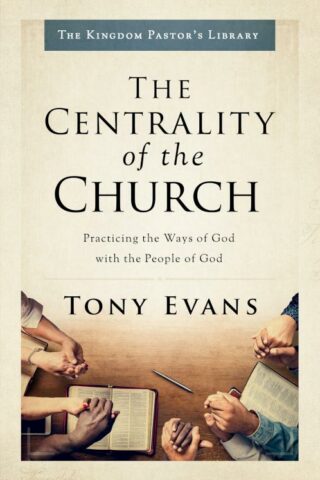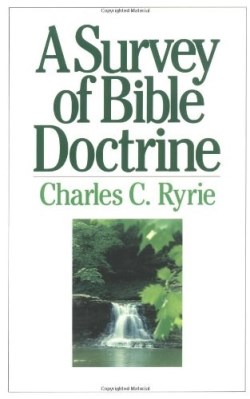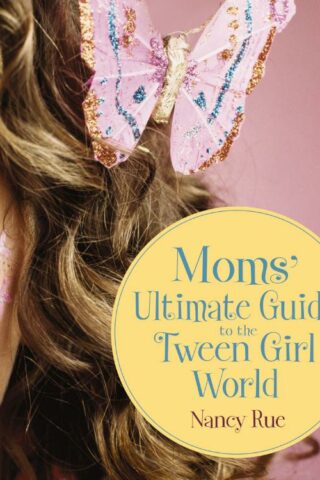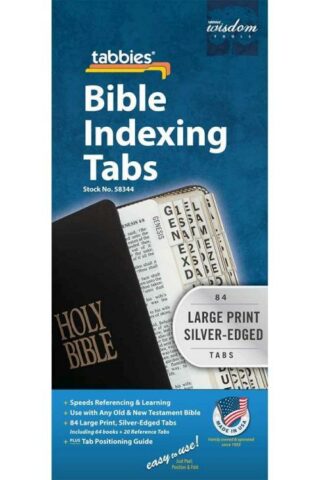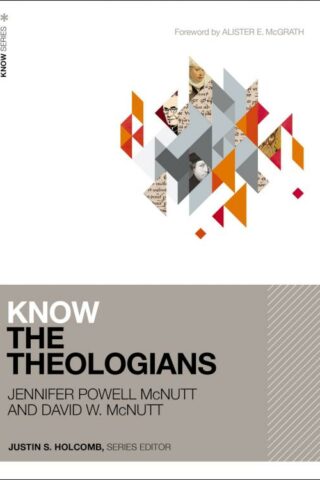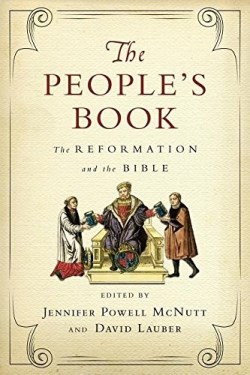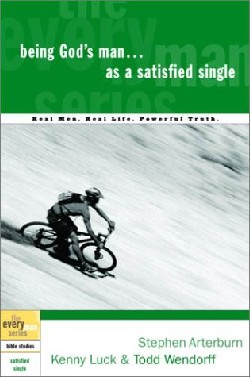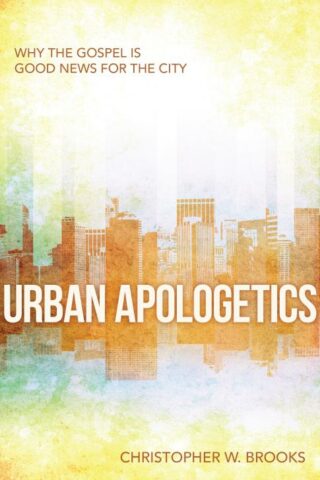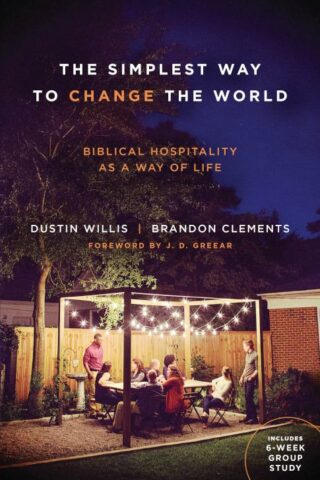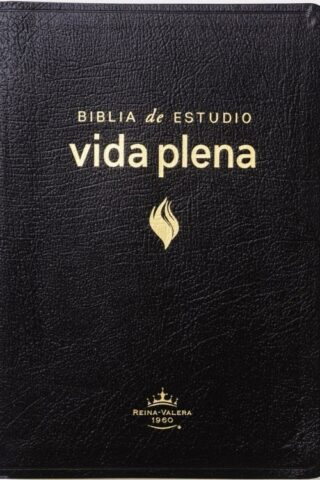Jennifer McNutt
Showing all 2 resultsSorted by latest
-
Know The Theologians
$22.99Know the Theologians is an introduction to the most important thinkers throughout church history and a demonstration of their ongoing relevance for believers today.
The Bible describes the church as a kind of family. Those who believe in Christ are sisters and brothers in the faith, whether they live at the same time or are separated by centuries. For that reason, believers today need to know our family members who have come before and shaped our beliefs and practices now. In Know the Theologians, professors and authors Jennifer Powell McNutt and David W. McNutt introduce the most significant thinkers in the church’s history.
McNutt and McNutt survey over a dozen primary figures, including Eastern Orthodox, Roman Catholic, and Protestant theologians, who represent the breadth and depth of the church’s theology. The book explores how they fit into their own time period and also draws attention to the theological voices of women throughout the church’s history. Every chapter includes short sidebars on figures contemporary to the main theologians, bringing in additional important voices.
This book has everything you need for a full personal or group study experience.
As part of the KNOW series, Know the Theologians is designed for either personal study or classroom use, and it will also be an accessible resource for small groups and adult education in churches. Chapters end with reflection questions and recommended reading for further study.
An individual access code to stream all video sessions online. (You don’t need to buy a DVD!)
Sessions and video run times:
1. Introduction (6:30)
2. Irenaeus of Lyons (17:00)
3. Athanasius of Alexandria (24:30)
4. The Cappadocian Four (16:00)
5. Augustine of Hippo (14:30)
6. John of Damascus (17:00)
7. Anselm of Canterbury (19:00)
8. Julian of Norwich (20:30)
9. Thomas Aquinas (19:00)
10. Martin Luther (22:00)
11. John Calvin (25:30)
12. Menno Simons (21:30)
13. Teresa of Avila (19:30)
14. The Wesley Brothers (21:00)
15. Friedrich Schleiermacher (12:00)
16. Karl Barth (14:00)
17. Gustavo Gutierrez (30:30)Streaming video access code included. Access code subject to expiration after April 2, 2029. Code may be redeemed only by the recipient of this package. Code may not be transferred or sold separately from this package. Internet connection required. Void where prohibited, taxed, or restricted by law. Additional offer details inside.
Add to cartin stock within 3-5 days of online purchase
-
Peoples Book : The Reformation And The Bible
$30.99Introduction: “That Most Precious Jewel”Jennifer Powell McNutt And David Lauber
Part One: Access And Readership
1. Teaching The Church: Protestant Latin Bibles And Their ReadersBruce Gordon
2. Scripture, The Priesthood Of All Believers, And Applications Of 1 Corinthians 14G. Sujin Pak 3. Learning To Read Scripture For Ourselves: The Guidance Of Erasmus, Luther, And CalvinRandall Zachman
4. The Reformation And Vernacular Culture: Wales As A Case StudyD. Densil MorganPart Two: Transmission And Worship
5. The Reformation As Media EventRead Mercer Schuchardt
6. The Interplay Of Catechesis And Liturgy In The Sixteenth Century: Examples From The Lutheran And Reformed TraditionsJohn D. Witvliet
7. Word And Sacrament: The Gordian Knot Of Reformation WorshipJennifer Powell McNuttPart Three: Protestant-Catholic Dialogue
8. John Calvin On The Council Of TrentMichael Horton
9. The Bible And The Italian ReformationChristopher Castaldo
10. Reading The Reformers After NewmanCarl TruemanPart Four: The PeopleA?s Book Yesterday And Today
11. From The Spirit To Sovereign To Sapiential Reason: A Brief History Of Sola ScripturaPaul C. H. Lim
12. Perspicacity And The People’?s Book Mark LabbertonList Of Contributors
Additional Info
Five hundred years ago, Martin Luther’s Ninety-Five Theses caught Europe by storm and initiated the Reformation, which fundamentally transformed both the church and society. Yet by Luther’s own estimation, his translation of the Bible into German was his crowning achievement. The Bible played an absolutely vital role in the lives, theology, and practice of the Protestant Reformers. In addition, the proliferation and diffusion of vernacular Bibles-grounded in the original languages, enabled by advancements in printing, and lauded by the theological principles of sola Scriptura and the priesthood of all believers-contributed to an ever-widening circle of Bible readers and listeners among the people they served. This collection of essays from the 2016 Wheaton Theology Conference-the 25th anniversary of the conference-brings together the reflections of church historians and theologians on the nature of the Bible as “the people’s book.” With care and insight, they explore the complex role of the Bible in the Reformation by considering matters of access, readership, and authority, as well as the Bible’s place in the worship context, issues of theological interpretation, and the role of Scripture in creating both division and unity within Christianity. On the 500th anniversary of this significant event in the life of the church, these essays point not only to the crucial role of the Bible during the Reformation era but also its ongoing importance as “the people’s book” today.Add to cartin stock within 3-5 days of online purchase


